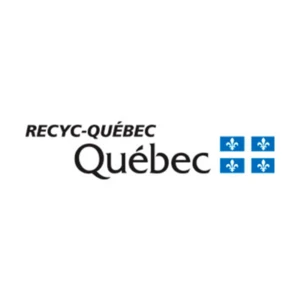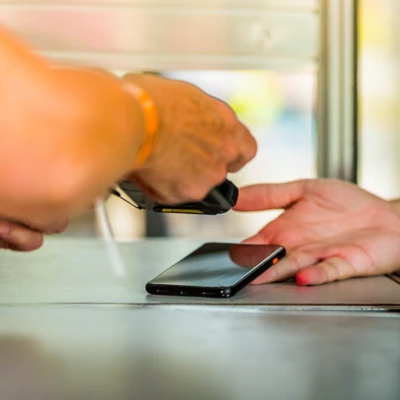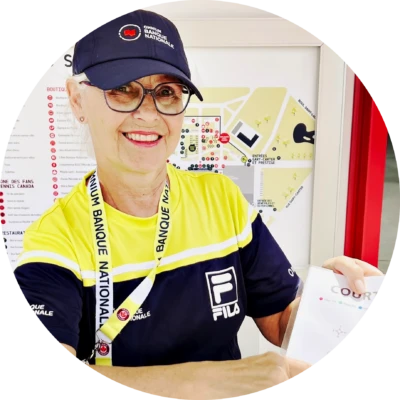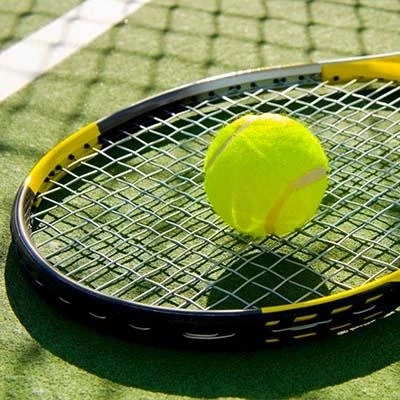SUSTAINABILITY
For the past several years, Tennis Canada has been committed to the planet, working tirelessly to minimize its environmental footprint to become a sustainability leader in Canada and throughout the world by 2030.
In addition to achieving its core mission, it also wants to leave a lasting and positive legacy for fans, players and communities across the country. To meet that goal and lead the sustainable growth of tennis in Canada, the federation is committed to hosting world-class tournaments—the National Bank Open presented by Rogers in Montreal and Toronto—that are environmentally and socially responsible.
Sustainability Reports
To learn more about our results, please consult our sustainable development reports.
MAKE THE DIFFERENCE
The success of our sustainability efforts depends in large part on public participation. Fans have the power to make a real difference during our tournament through small everyday actions that yield significant collective impacts.
RESIDUAL MATERIALS AND WATER MANAGEMENT
- Sort your waste by placing the right material in the right bin! Our green team will be on hand to help.
- Bring your reusable bottle and fill it up at our water stations.
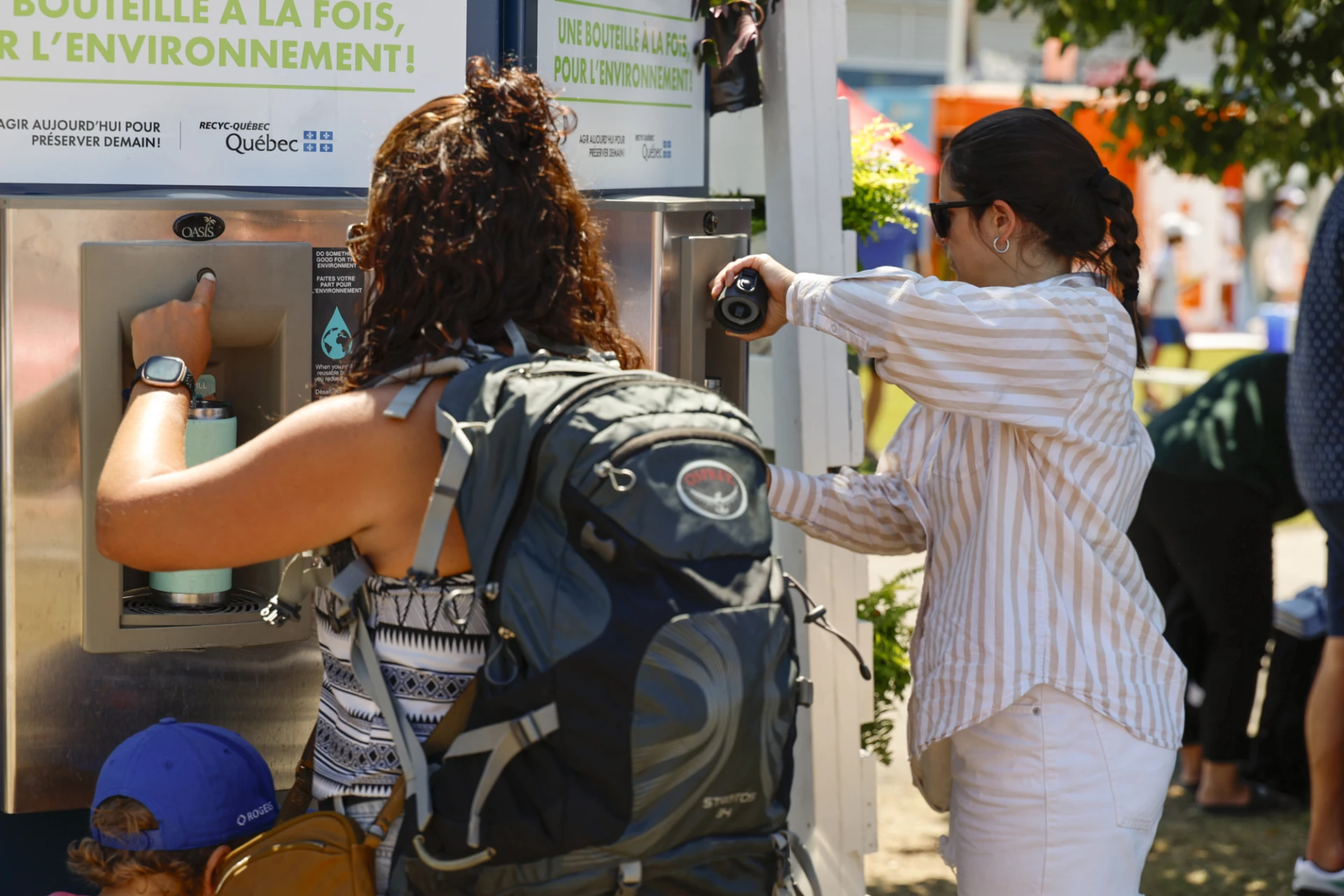
ENERGY AND EMISSIONS MANAGEMENT
Take public transit to help reduce the greenhouse gas emissions generated by the tournament. In Montreal, use your ticket for free access to the STM public transit network on the day of the match.
If you have to drive, purchase carbon credits to offset the trip. The NBO works with Planétair.
SOCIAL RESPONSIBILITY
Make a donation to the Tennis Canada Foundation, which supports tennis development in communities across the country. Then grab a bite to eat - as a non-for-profit organization, Tennis Canada invests all net proceeds from National Bank Open back into growing the sport across the country.
PRIORITY AREAS
In light of the complexity of implementing a sustainability strategy and aligning it with its goals, vision and mission, Tennis Canada identified the four priority areas that are most relevant to the National Bank Open presented by Rogers' WTA and ATP events and essential to understanding our commitment to the environment and our communities.
Montreal's Sustainability Efforts
RESIDUAL MATERIALS AND WATER MANAGEMENT
|
SOCIAL RESPONSIBILITY
|
COMMUNICATION
|
ENERGY AND EMISSIONS MANAGEMENT
|
Toronto's Sustainability Efforts
RESIDUAL MATERIALS AND WATER MANAGEMENT
|
SOCIAL RESPONSIBILITY
|
COMMUNICATION
|
ENERGY AND EMISSIONS MANAGEMENT
|
